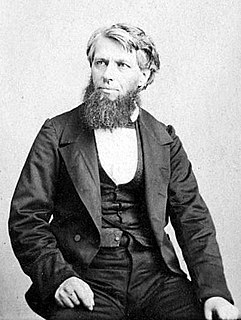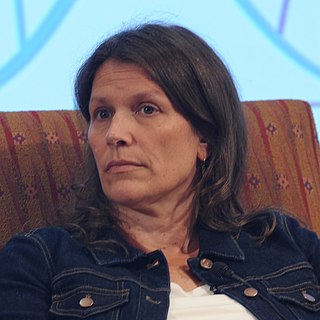A Quote by Carolyn Wells
There are many ways of discarding [books]. You can give them to friends,--or enemies,--or to associations or to poor Southern libraries. But the surest way is to lend them. Then they never come back to bother you.
Related Quotes
It had come to me not in a sudden epiphany but with a gradual sureness, a sense of meaning like a sense of place. When you give yourself to places, they give you yourself back; the more one comes to know them, the more one seeds them with the invisible crop of memories and associations that will be waiting for you when you come back, while new places offer up new thoughts, new possibilities. Exploring the world is one of the best ways of exploring the mind, and walking travels both terrains.
I just developed my act way back in the late '80s. I went to college in Georgia, so I picked up the Southern accent. I talked like that with my friends all the time, because it was fun. It was funny... All my friends were real Southern. We're buddies, so I'd say stuff to make them laugh. So that was pretty much it.
I was asked why I did not give a rod with which to fish, in the hands of the poor, rather than give the fish itself as this makes them remain poor. So I told them: The people whom we pick up are not able to stand with a rod. So today I will give them fish and when they are able to stand, then I shall send them to you and you can give them the rod. That is your job. Let me do my work today.
Your friends will need you, too, someday. Maybe not in the same way, maybe not in cash and shelter, but they'll need you - to listen without judging, to invite them over when they're lonely, to show up for their events, to register in whatever way matters to them that they matter to you. Be on the lookout for these opportunities to give back, and do whatever is in your power not to miss many of them.
Now, many public libraries want to lend e-books, not simply to patrons who come in to download, but to anybody with a reading device, a library card and an Internet connection. In this new reality, the only incentive to buy, rather than borrow, an e-book is the fact that the lent copy vanishes after a couple of weeks.


































